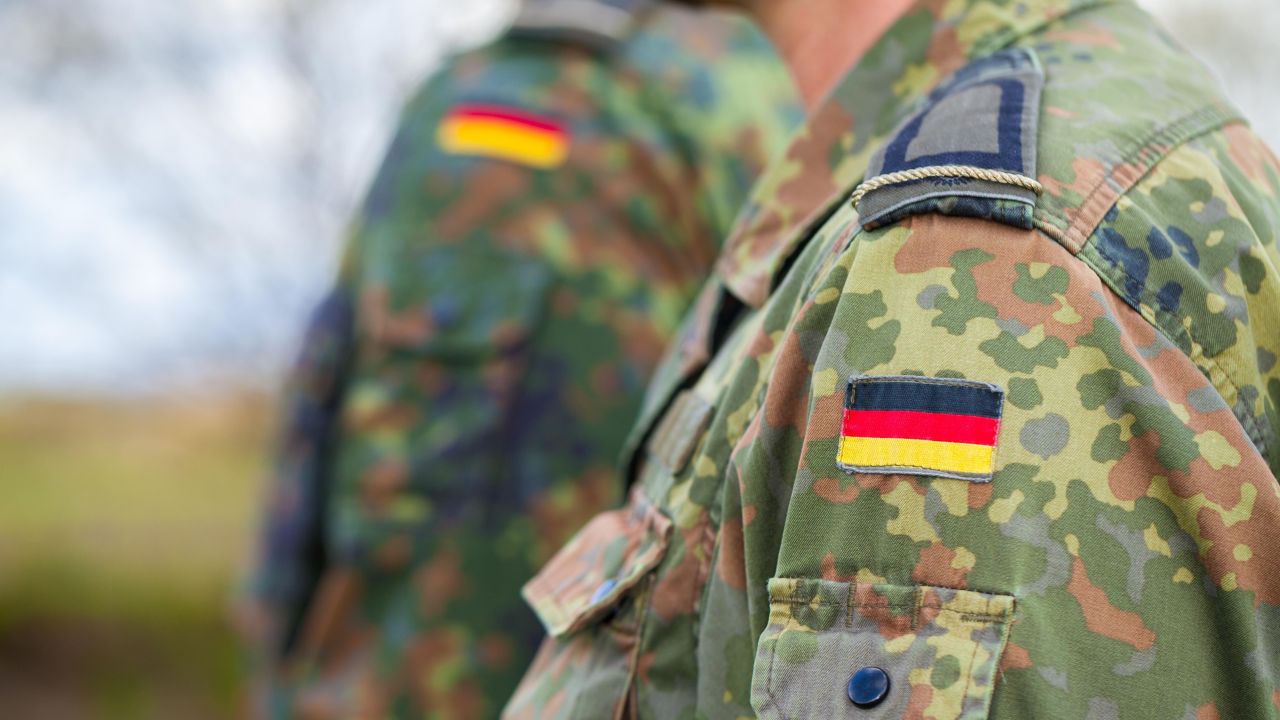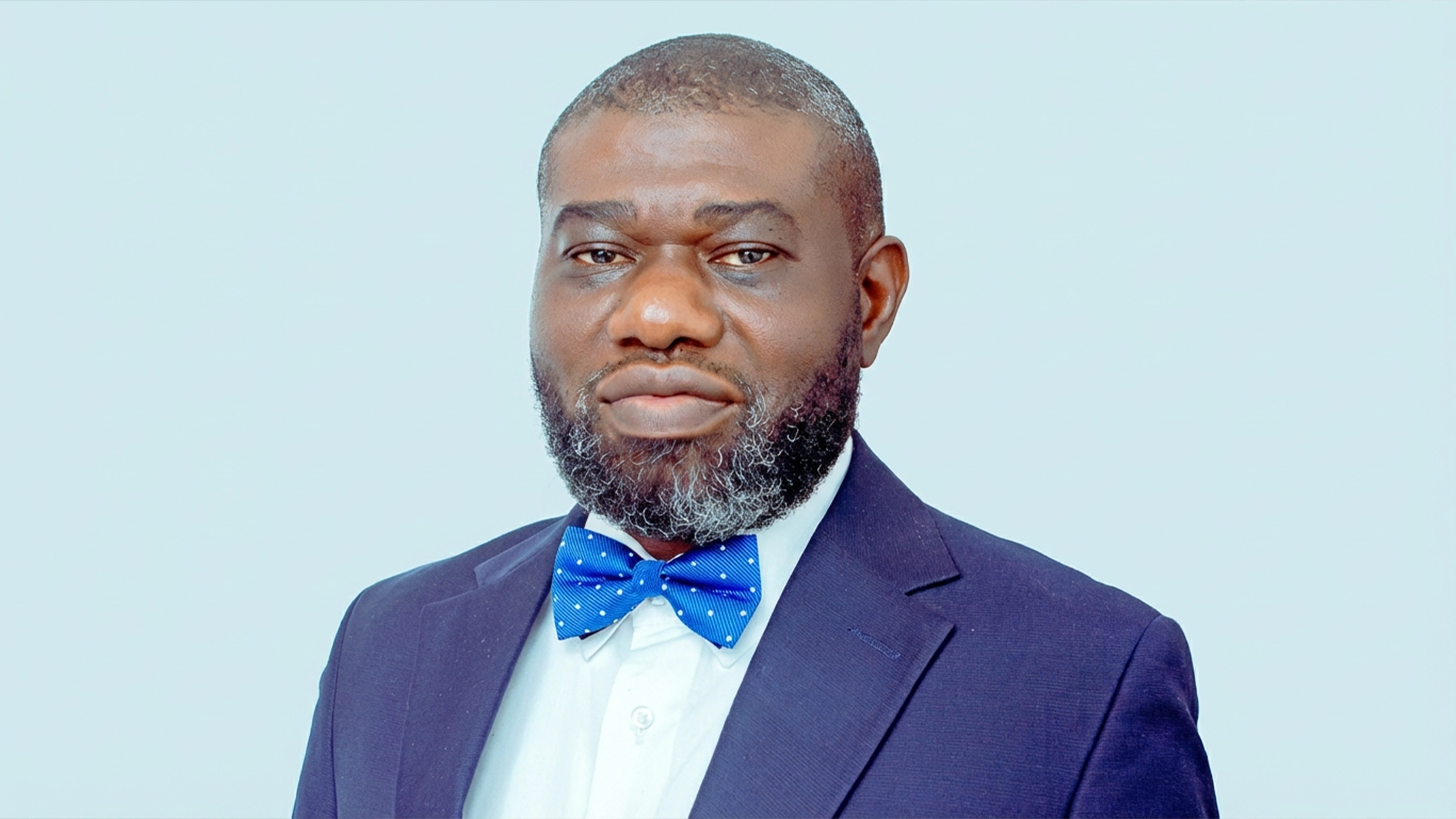Sir: In the heart of Omuma Local Government Area in Rivers State, Mrs Leka Umejuru and her team at the National Orientation Agency (NOA) are not waiting for parents to come to health centres. They are taking the message and the urgency of polio vaccination to the very doorsteps of the people.
As Nigeria faces a resurgence of vaccine-derived poliovirus (cVDPV2), the NOA in Rivers State is working tirelessly behind the scenes, mobilising communities, building trust, and dispelling doubts, all in a bid to ensure that no child is left unvaccinated.
“We go to the classrooms. We go to the churches. We go to where the people are. In some places, we have to follow the mothers to the farms just to talk to them about immunisation,” said Umejuru, NOA’s chief orientation and mobilisation officer in Omuma.
That dedication is the backbone of the state’s public health messaging. NOA staff use local dialects, town announcers, and community influencers to cut through cultural barriers and misinformation that have made some caregivers reluctant to accept vaccines.
This grassroots communication strategy is central to the upcoming polio immunisation campaign when health teams will administer the novel oral polio vaccine (nOPV2) to all children under five across the state.
With the rise of social media-fuelled misinformation—particularly among younger, digitally savvy parents—the NOA has intensified its behaviour change communication efforts.
The agency’s partnership with UNICEF and the Rivers State Primary Healthcare Board ensures a coordinated approach to public education.
“Many young parents are not just uninformed, they are misinformed. NOA helps us bridge that gap. They speak the language of the people and have earned their trust,” said Sandra James, a UNICEF social behaviour change consultant.
NOA’s messaging strategy is people-centric. Officers engage community leaders, school teachers, market women, and youth groups to act as vaccine advocates. Their presence at local events, religious gatherings, and neighborhood meetings turns routine interactions into life-saving conversations.
The National Orientation Agency’s work goes beyond awareness—it is about ownership. By involving traditional rulers, local chiefs, and other gatekeepers, the agency ensures that immunisation is not seen as a government imposition but as a collective responsibility. “Our role is to create an enabling environment. Once the people understand the importance of these two drops, they become champions of the cause,” Umejuru explained.
This bottom-up approach has helped reduce refusal rates and counter resistance in hard-to-reach areas. It has also contributed significantly to the overall acceptance of not just polio vaccines but other routine immunisations. Dr. Abo Karibo, a routine immunisation consultant with the state government, acknowledged the critical contribution of NOA in mobilising communities. “If we don’t intensify communication at the grassroots, we risk failing in our mission. The NOA gives us that essential connection to the people.
“Rivers State is under pressure to achieve high coverage. Failure to meet immunisation targets could jeopardise donor funding and put children at risk of paralysis from a disease that should already be extinct,” he said.
As the immunisation campaign kicks off, the voices of NOA officials will echo once again through communities—from megaphones in market squares to quiet conversations in village kitchens. These voices carry more than messages; they carry hope.
“The fight against polio is not just about vaccines—it’s about people. And at NOA, we make sure the people understand why it matters,” said Umejuru.
In the end, it’s not just the two drops that save lives. It’s the voices that remind communities why those drops matter.
Ekpeyong Andy wrote from Port Harcourt, Rivers State.






